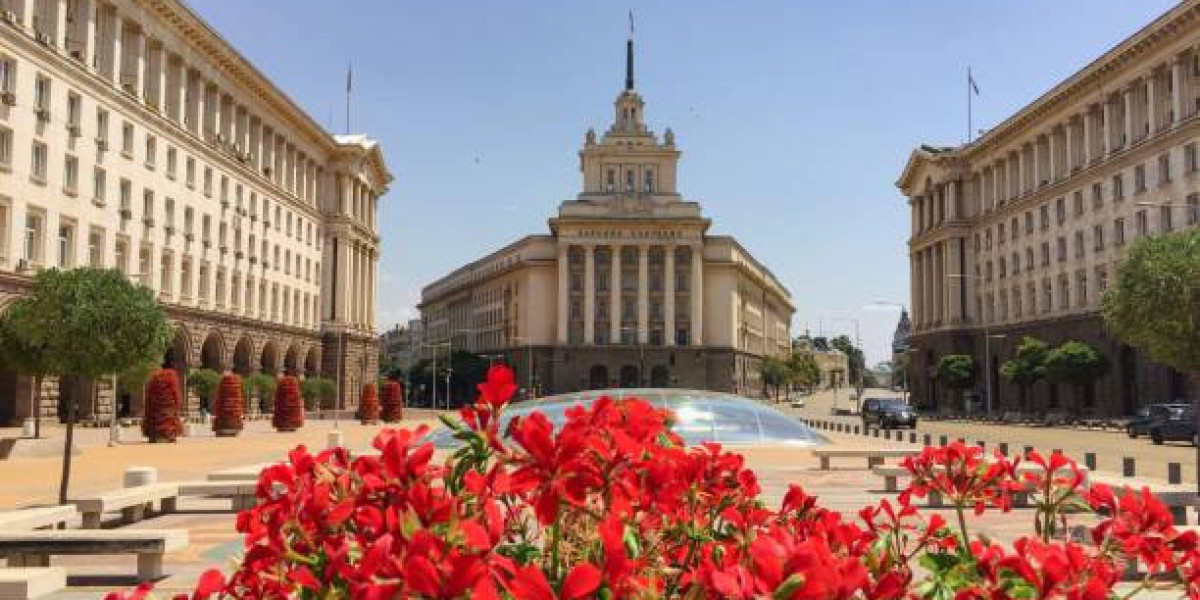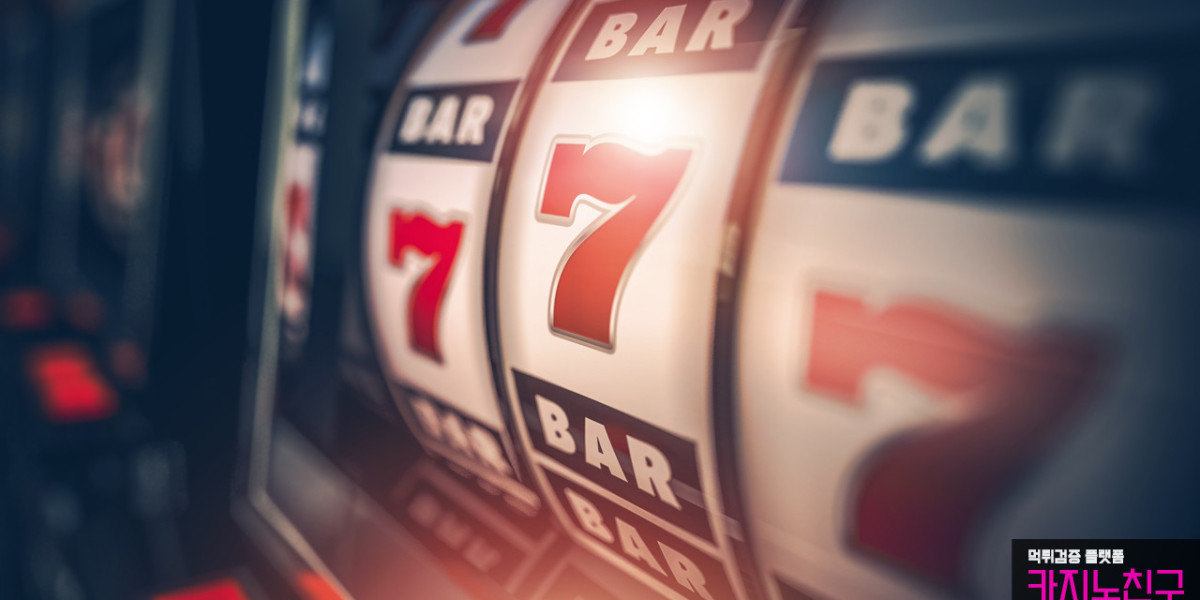
Sofia, the capital of Bulgaria, is a fascinating blend of history, culture, and modern life. Nestled at the foot of Vitosha Mountain, this city is where ancient ruins meet lively boulevards, where Ottoman mosques stand next to Orthodox cathedrals, and where a dynamic lifestyle thrives amidst centuries of tradition. Whether you’re exploring its Roman ruins, enjoying vibrant nightlife, or soaking in mineral springs, Sofia promises an unforgettable experience.
For Indian travelers, planning a trip to Sofia starts with understanding Bulgaria Visa requirements. Before you begin your journey to this culturally rich European city, you must ensure that your travel documents and visa processes are in order. In this guide, we’ll explore everything Sofia has to offer while also helping you understand the essentials of obtaining a Bulgaria Visa from India.
A City Steeped in History
Sofia is one of Europe’s oldest capitals, with a history that dates back over 2,000 years. Walking through the city feels like stepping into a living museum. The remains of the ancient Roman city of Serdica are still visible, and you’ll find archaeological treasures scattered around the modern streets.
Some must-visit historical landmarks include:
- Alexander Nevsky Cathedral – One of the largest Eastern Orthodox cathedrals in the world, with stunning golden domes and intricate mosaics.
- Church of St. George Rotunda – A 4th-century red-brick church that is among the oldest buildings in Sofia, surrounded by modern government offices.
- Boyana Church – A UNESCO World Heritage Site famous for its medieval frescoes that provide a glimpse into Bulgarian art and culture.
- Serdica Ruins – Ancient Roman ruins preserved in the heart of the city, seamlessly blending with Sofia’s modern infrastructure.
These historic landmarks highlight Sofia’s position as a city where cultures and empires have intersected for centuries.
The Cultural Side of Sofia
Sofia isn’t just about the past; it’s a thriving cultural hub with a young, energetic population. The city offers a mix of museums, art galleries, and theaters where travelers can explore Bulgaria’s heritage.
- National History Museum houses thousands of artifacts from prehistoric times to the present.
- National Gallery and National Archaeological Museum provide insight into the country’s artistic and historical legacy.
- Traditional Bulgarian music and dance performances can be enjoyed at cultural centers and local festivals.
For those who love literature and art, Sofia’s street art culture and indie bookshops provide a more contemporary cultural flavor.
Modern Charm: Food, Shopping & Nightlife
While Sofia takes pride in its history, it also boasts modern amenities that cater to travelers.
Food Scene
Bulgarian cuisine is hearty and flavorful, influenced by Balkan, Turkish, and Greek traditions. Must-try dishes include:
- Banitsa – A flaky pastry with cheese.
- Shopska Salad – A refreshing salad made with cucumbers, tomatoes, and feta cheese.
- Kebapche – Grilled minced meat sausages, best enjoyed with local beer.
Don’t forget to try Bulgaria’s world-famous yogurt and wines.
Shopping
Sofia offers plenty of shopping experiences, from open-air markets like Zhenski Pazar (Women’s Market) to luxury boutiques in Vitosha Boulevard. Handmade crafts, rose oil products, and traditional ceramics make excellent souvenirs.
Nightlife
Sofia has a vibrant nightlife with rooftop bars, live music venues, and nightclubs. The student population ensures that the nightlife is lively and affordable.
Nature and Outdoor Activities
One of Sofia’s biggest advantages is its location near nature. Vitosha Mountain is just a short drive from the city center, offering hiking, skiing, and panoramic views. Mineral springs and spa resorts around Sofia provide relaxation after days of sightseeing.
Day trips from Sofia include:
- Rila Monastery – Another UNESCO World Heritage Site, known for its stunning frescoes.
- Plovdiv – Bulgaria’s second-largest city, famous for its Roman amphitheater and colorful Old Town.
- Seven Rila Lakes – A breathtaking natural wonder perfect for hiking enthusiasts.
Travel Tips for Indian Visitors
For Indian travelers, visiting Sofia requires proper planning, especially when it comes to the Bulgaria Visa process. Here are some useful tips:
- Visa Requirements – Indian citizens need a valid Bulgaria Visa from India to enter the country. Depending on the purpose of travel, you can apply for a tourist, business, or study visa.
- Best Time to Visit – Spring (April to June) and autumn (September to October) offer pleasant weather and fewer crowds.
- Currency – The local currency is the Bulgarian Lev (BGN). Credit cards are widely accepted, but it’s useful to carry cash for smaller shops and markets.
- Language – Bulgarian is the official language, though English is commonly spoken in tourist areas.
- Transport – Sofia has an efficient public transport system with metros, buses, and trams, making it easy to explore the city.
Want to see full details? Click here to view the complete Bulgaria Visa.
Conclusion
Sofia is a city where history, culture, and modernity beautifully intertwine. From its grand cathedrals and ancient ruins to its bustling markets, contemporary art, and lively nightlife, Sofia offers something for every traveler. Its proximity to mountains, lakes, and monasteries makes it not just a capital city, but also a gateway to Bulgaria’s natural beauty.
If you are an Indian traveler planning to explore this remarkable city, securing your Bulgaria Visa should be your first step. By applying for the right visa type and preparing in advance, your journey will be smooth and hassle-free. So pack your bags, get ready to explore Sofia’s unique charm, and don’t forget to apply Bulgaria Visa from India before you go.








